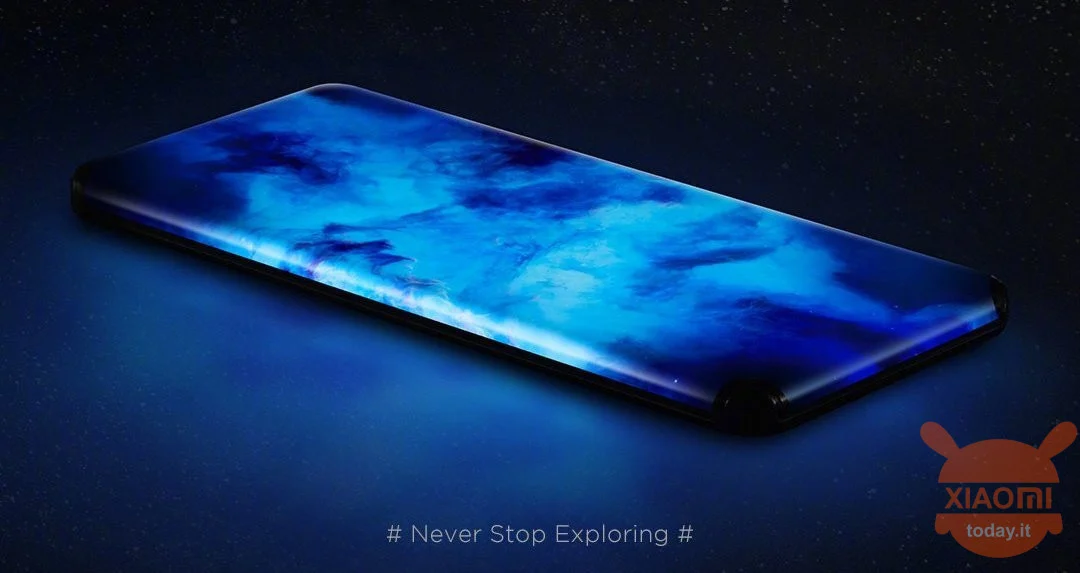Buying a laptop can be a daunting task, especially if you are not familiar with the different types and specifications of laptops available in the market. In this ultimate guide, we will take you through the different factors that you should consider when buying a laptop.
- Purpose: The first thing to consider when buying a laptop is the purpose for which you will be using it. If you are a gamer, then you will need a laptop with a high-end graphics card and a powerful processor. If you are a student, then you might need a lightweight and portable laptop that you can carry around easily.
- Operating System: The operating system is the software that runs on your laptop. There are three main operating systems to choose from: Windows, macOS, and Linux. Windows is the most popular and widely used operating system, while macOS is used on Apple laptops. Linux is an open-source operating system that is used by developers and programmers.
- Processor: The processor is the brain of your laptop, and it determines how fast your laptop can perform tasks. There are two main types of processors: Intel and AMD. Intel processors are known for their performance, while AMD processors are known for their value for money.
- RAM: RAM is the temporary storage space that your laptop uses to run programs. The more RAM you have, the faster your laptop will be able to run multiple programs simultaneously. A minimum of 8GB RAM is recommended for most users, but if you are a power user, then you might need more.
- Storage: There are two main types of storage: hard disk drives (HDD) and solid-state drives (SSD). SSDs are faster and more reliable than HDDs, but they are also more expensive. If you need a lot of storage space, then you might want to consider an external hard drive.
- Graphics Card: If you are a gamer or you use your laptop for graphic-intensive tasks like video editing, then you will need a dedicated graphics card. NVIDIA and AMD are the two main graphics card manufacturers, and they offer a wide range of graphics cards to suit different budgets and requirements.
- Battery Life: Battery life is an important factor to consider, especially if you will be using your laptop on the go. A laptop with a longer battery life will be more convenient, but it might also be more expensive.
- Screen Size: The screen size is a personal preference, and it depends on what you will be using your laptop for. If you will be using your laptop for gaming or watching movies, then you might want a larger screen. If you will be carrying your laptop around, then you might want a smaller screen.
- Price: Laptops come in a wide range of prices, from budget-friendly options to high-end models. Determine your budget before you start looking for laptops, and make sure to compare different models to get the best value for your money.
In conclusion, buying a laptop can be overwhelming, but by considering these factors, you will be able to make an informed decision and choose the best laptop for your needs and budget.

